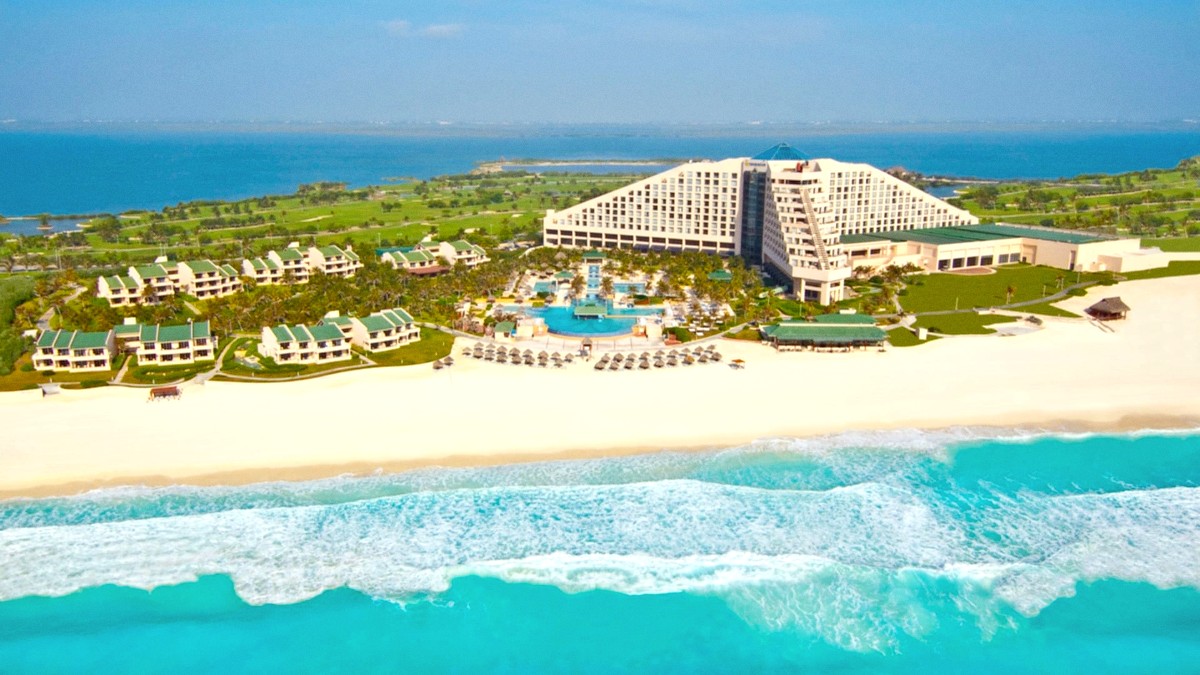
Mexico
The second largest coral reef system, protected areas include the National Marine Park of Cancun, Isla Mujeres, and Punta Nizuc. These zones work to preserve marine biodiversity. Conservation efforts support this natural wonder.
A UNESCO World Heritage Site encompassing diverse ecosystems. It holds significant conservation value.
Many beaches are nesting grounds for sea turtles. Resorts and local organizations operate conservation programs, guarding nests and helping hatchlings. Respect nesting areas.
Reducing your footprint is important.
Cancun creates a large amount of waste due to its high volume of tourism. Landfills remain a concern for the region.
Small steps for positive impact.
Mitigating your travel footprint.
Supporting sustainable tourism.
Work progresses to preserve Mayan culture through museums, careful oversight of archaeological sites, and cultural performances.
Even a few Spanish phrases earn appreciation. Dress suitably. Ask permission before taking photos of people. Bargain politely. Embrace a relaxed pace. Avoid preconceived notions.
Protecting the environment is a shared goal.
Responsible travel directs economic benefits to local communities.
Support local economies directly.
Your choices make a difference.
Conscious choices for a positive visit.
Approach activities involving captive animals with scrutiny. Select those centered on conservation or observation in natural habitats. Investigate ethical concerns prior to booking any animal interaction.
Refrain from giving money directly to begging children. Instead, back reputable local charities or community projects that tackle poverty and supply education.
This is illegal and exploitative in Mexico.